The UK Government Has Blocked A Scottish Law Allowing People To Self-Identify Their Legal Gender
The British government argued it would have “adverse effects” on UK-wide equalities legislation.
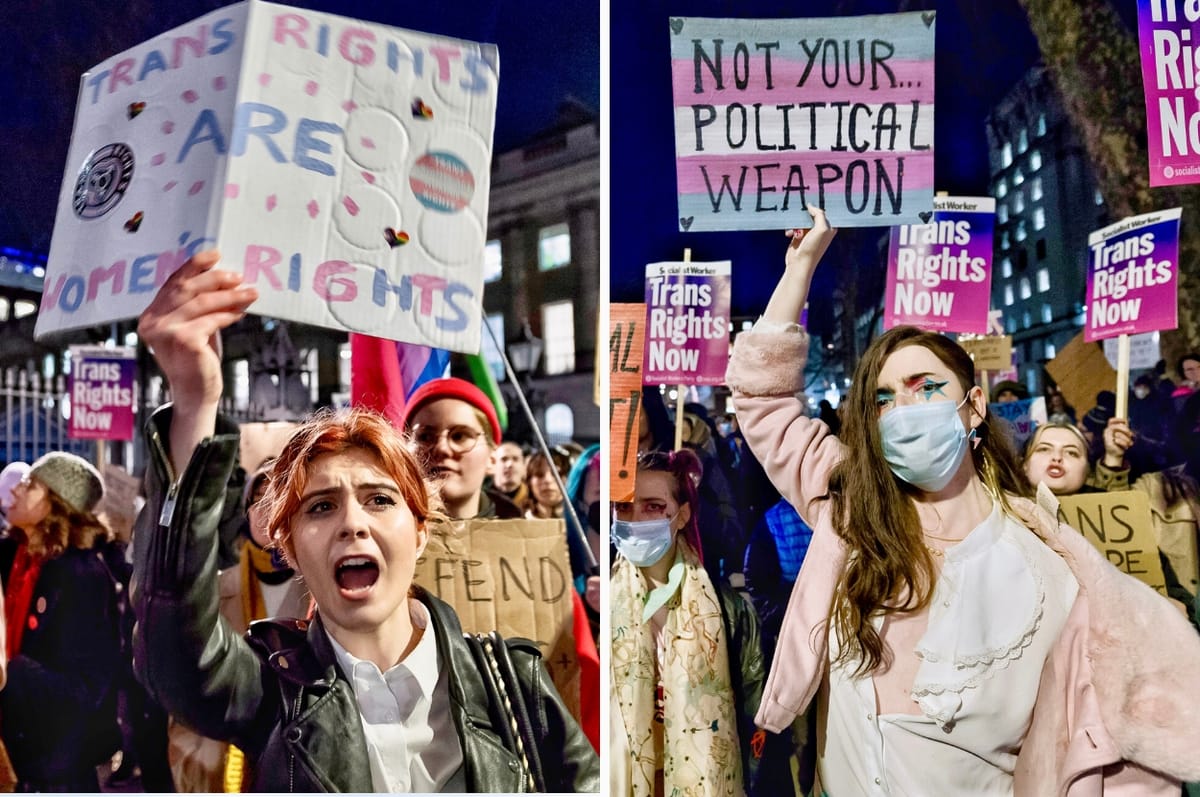
The British government has blocked a new Scottish law that aims to make it easier for people to legally change their gender, arguing it would have “adverse effects” on equality laws across the United Kingdom.
Although the British government has struck down Scottish legislation before, this is the first time a Scottish bill has been blocked on the grounds of affecting UK law.
What Is The Scottish Gender Bill?
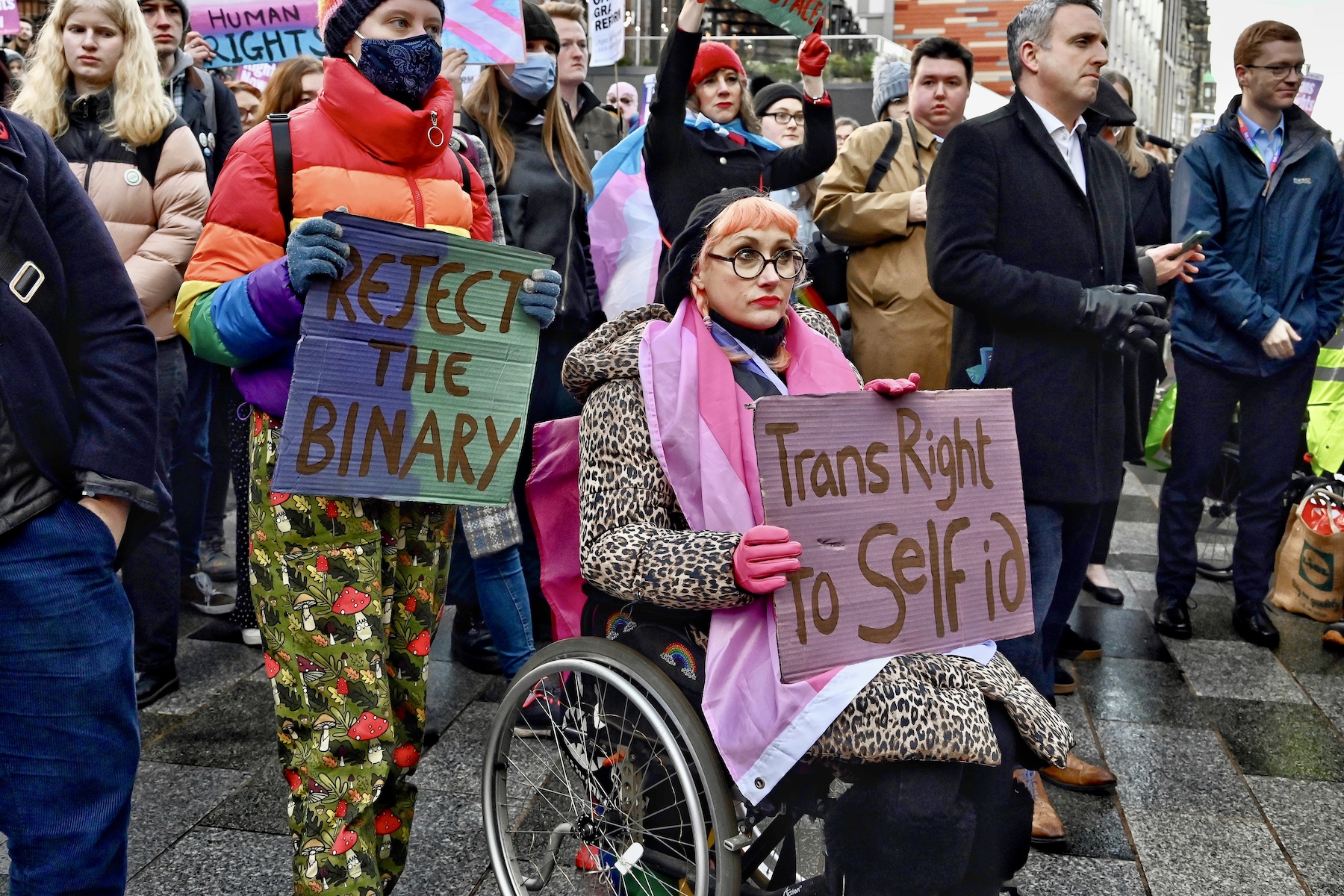
The bill allowed people aged 16 and up in Scotland to change their gender on official documents through a declaration.
People no longer needed a medical diagnosis for gender dysphoria and only needed to live in their acquired gender for three months, or six months for 16 to 17-year-olds, rather than two years.
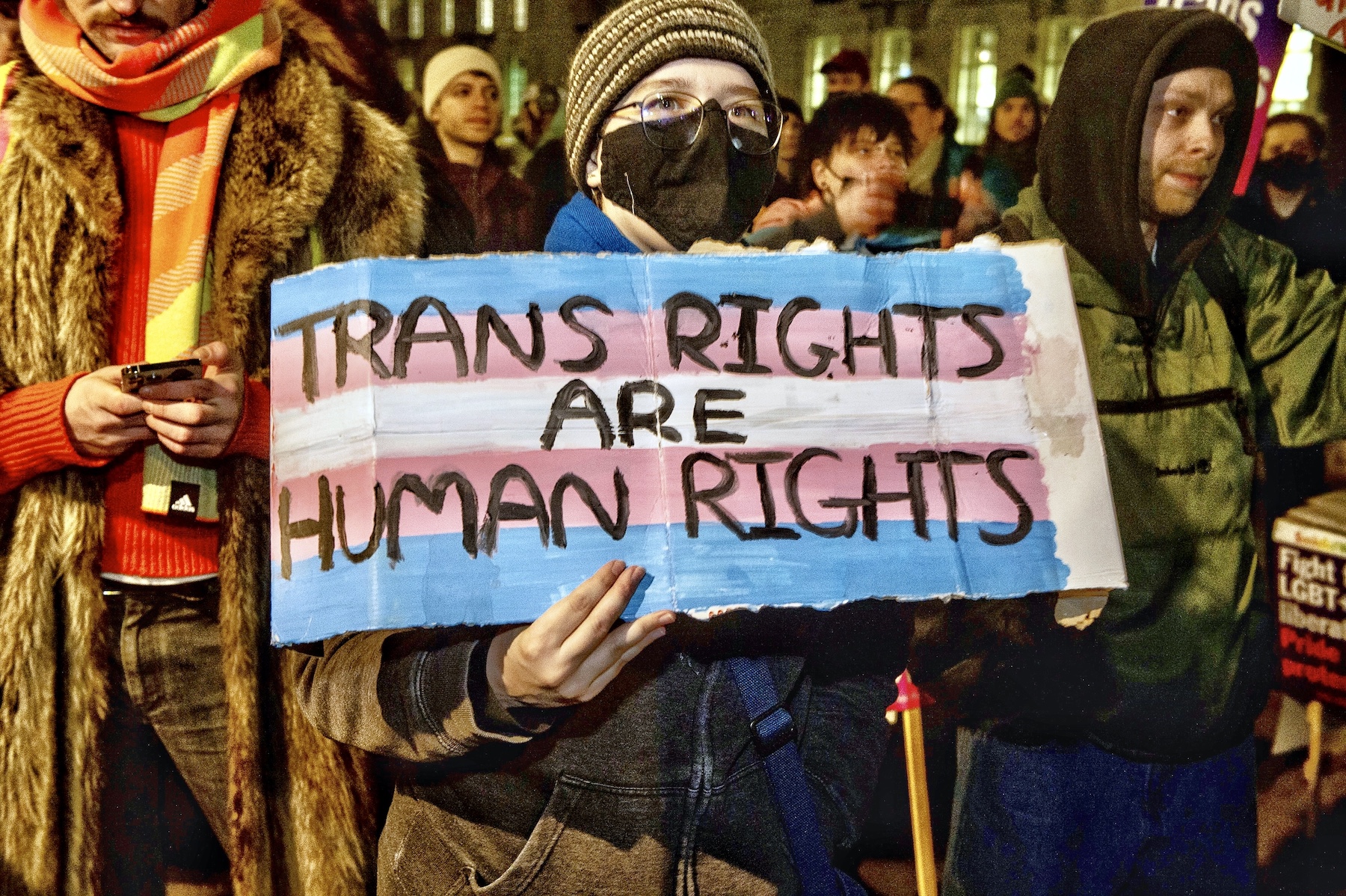
Scotland has allowed people to change their legal gender from male to female or vice versa since 2005.
The bill was first proposed by Scotland’s first minister, Nicola Sturgeon, six years ago, with the goal of making it less intrusive and distressing for people to apply to change their legal gender, according to the BBC.
The legislation was passed by the Scottish Parliament on Dec. 22 with 86 to 38 votes and only needed to receive royal assent — the King’s approval —to formally become a law.
What Is The British Government’s Argument Against The Bill?
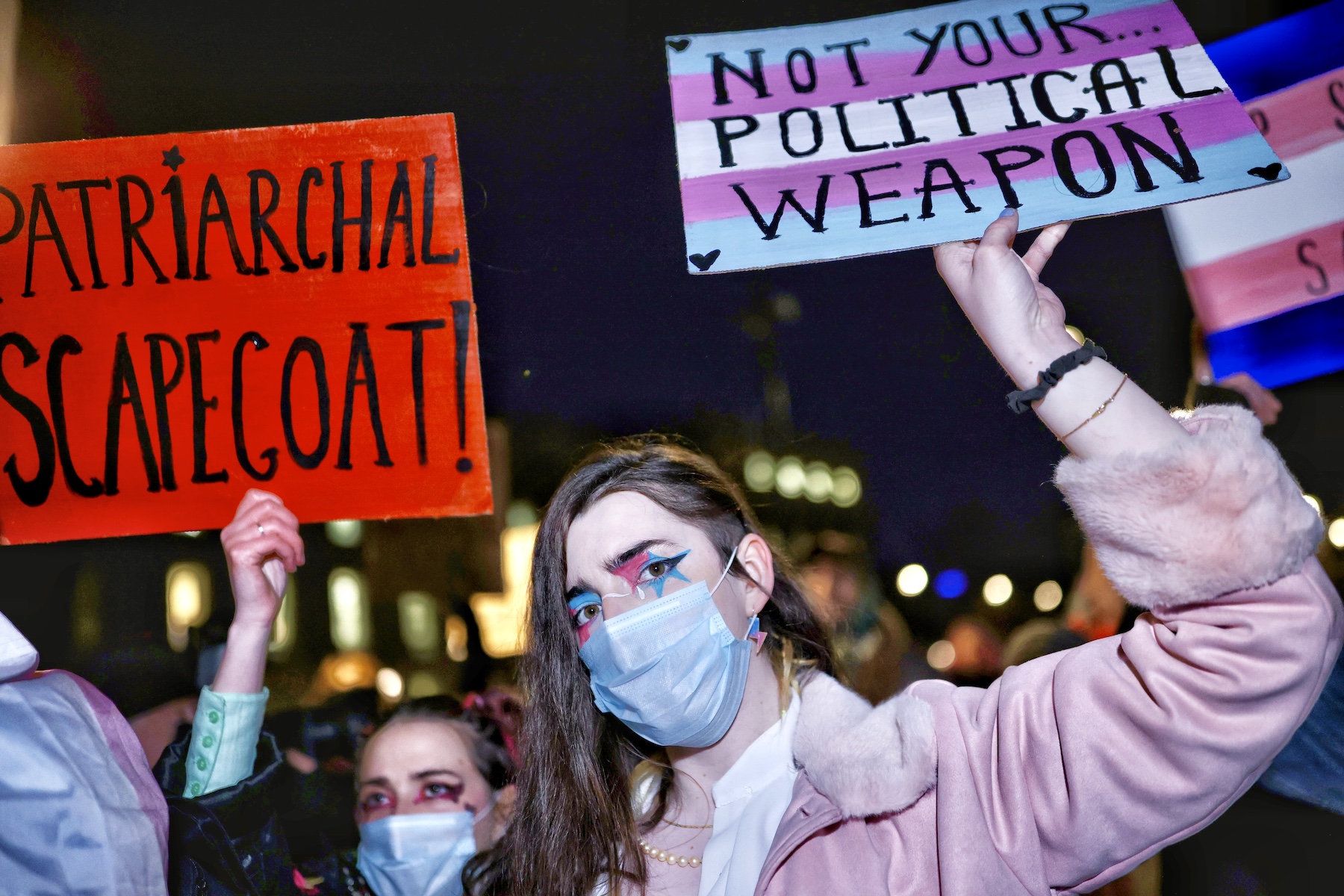
The bill had needed the royal assent – the King’s approval – to formally become law.
But it was blocked on Tuesday Jan. 17 by the UK government’s Scottish Secretary, Alister Jack, who argued it would impose a different system for Scotland than the rest of the UK when it came to the Equality Act.
The Equality Act is a UK-wide law that covers Scotland and is ruled by the British government.
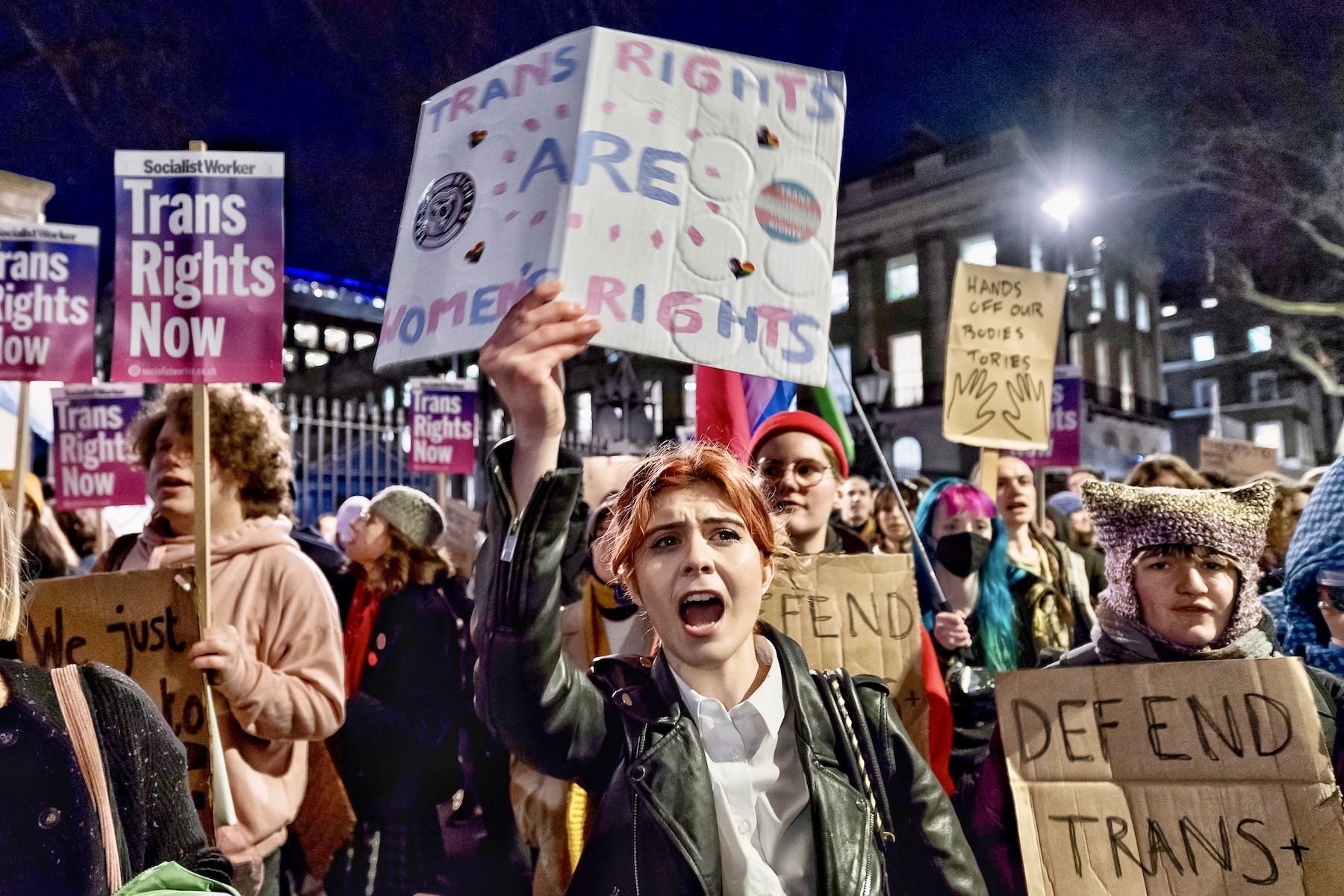
Jack has argued that the new Scottish bill could have negative effects on laws across Great Britain, including “the operation of single sex clubs, associations, and schools, and protections such as equal pay.”
He added that the bill could pose “significant complications from having two different gender recognition regimes in the UK”.
The Scottish secretary has also pointed out the bill lacks “sufficient protections and safeguards for women and children”.
Scotland Says The Bill Is In Line With UN Recommendations
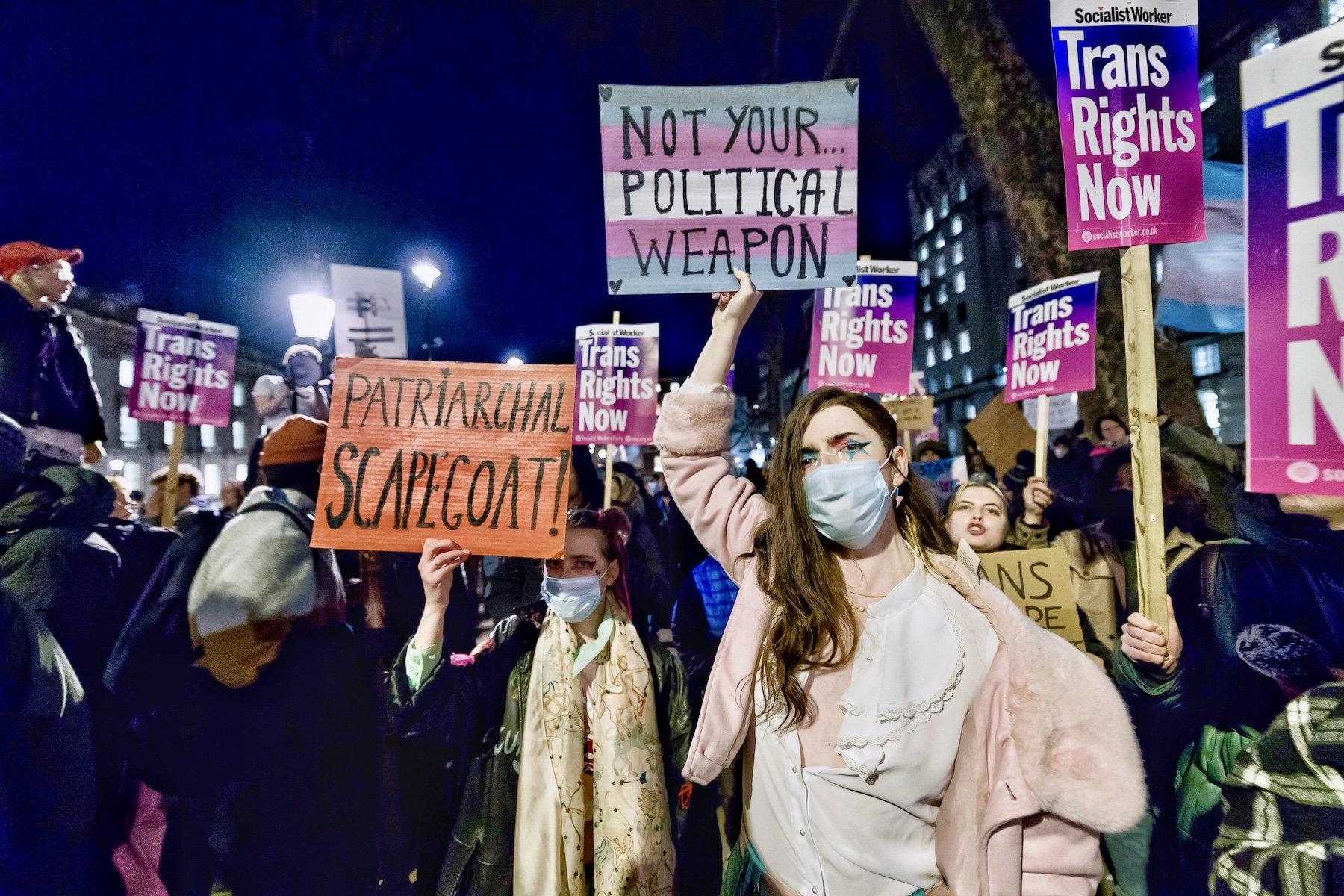
The Scottish government has argued the bill does not affect the 2010 Equality Act unlike the claims made by the British government.
“It shortens and simplifies the process and particularly ends the requirement for a psychological diagnosis of gender dysphoria,” a spokesperson for the Scottish National Party said.
He added that the bill is consistent with recommendations from the WHO and UN.
Trans Rights Have Become Contentious In The UK With The Rise Of TERFs
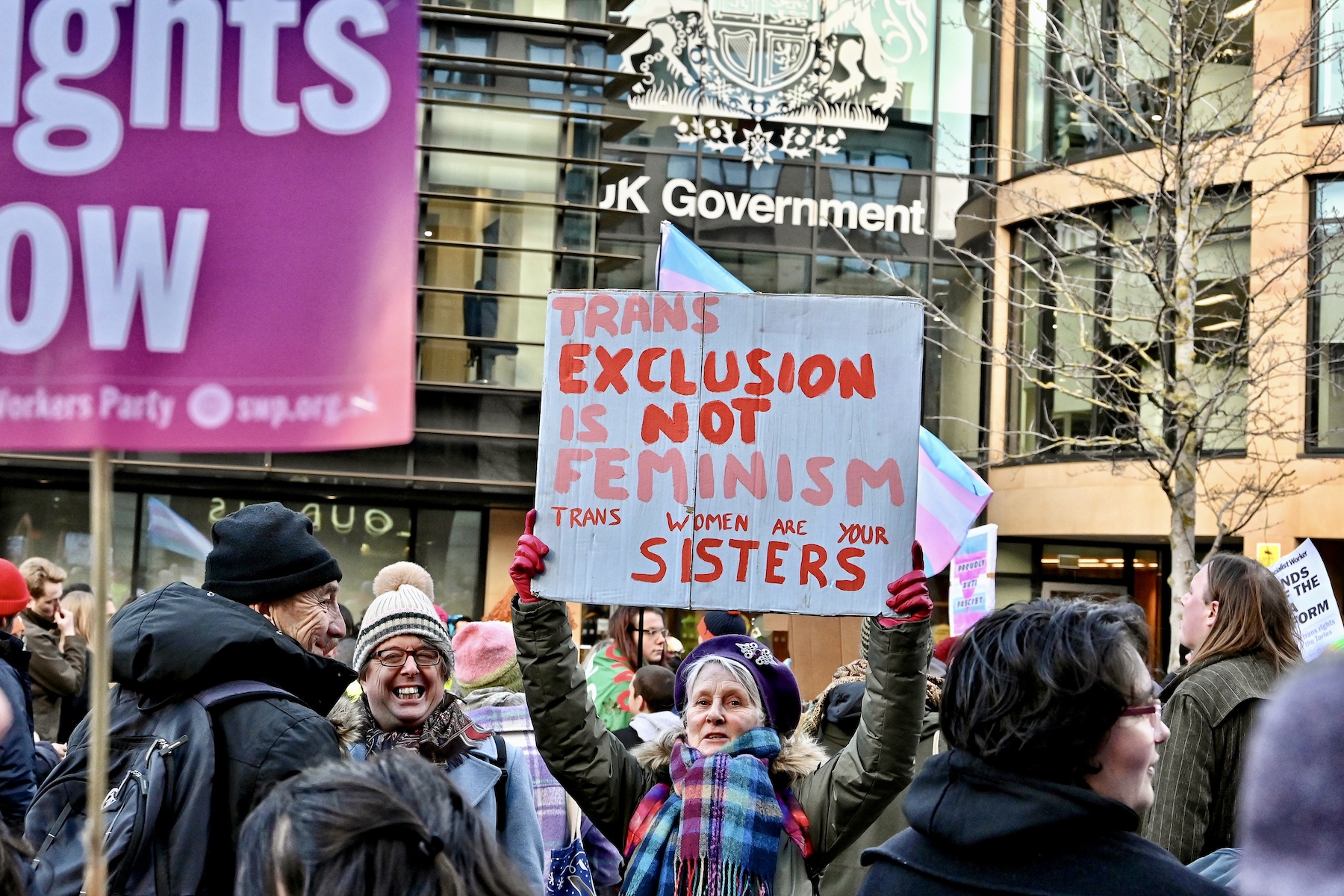
Transgender rights have become increasingly contentious in the UK in recent years, a movement largely due to TERFs, or trans exclusionary radical feminists.
Transgender rights have become increasingly contentious in the UK in recent years, a movement largely due to the rise of TERFs, or trans exclusionary radical feminists.
This includes Harry Potter author J.K. Rowling, who has repeatedly come under fire for her anti-trans views and comments that deny that trans women are women.
Opponents Are Fearful Of The Safety Of Women And Girls
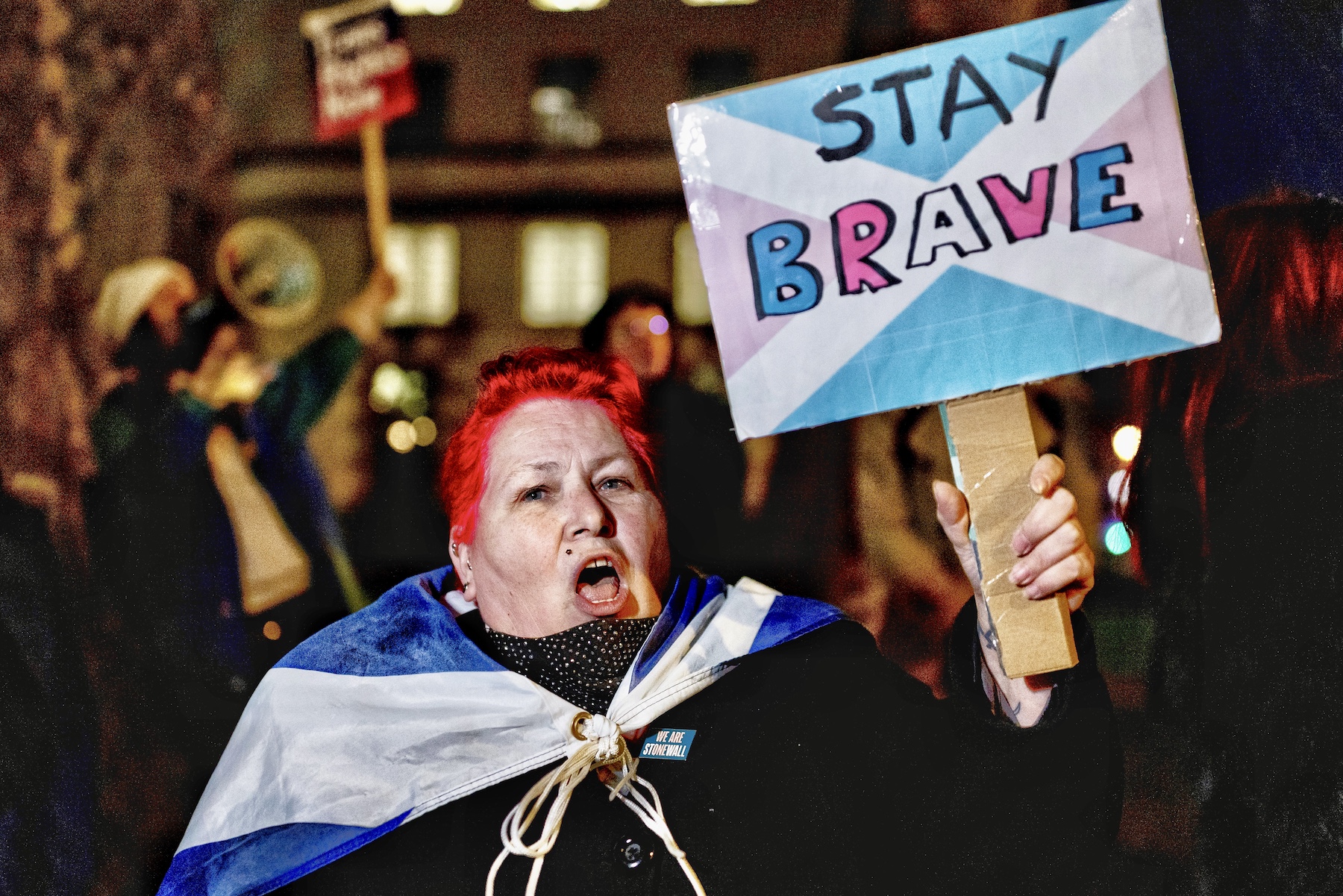
Rowling and opponents of the bill have said it will allow violent men to abuse the system as they can easily change their gender and attack women and girls in women only spaces.
When the bill passed in December, Jack said the British government shares the concerns many have regarding the bill, ” in particular the safety issues for women and children.”
What’s Next?
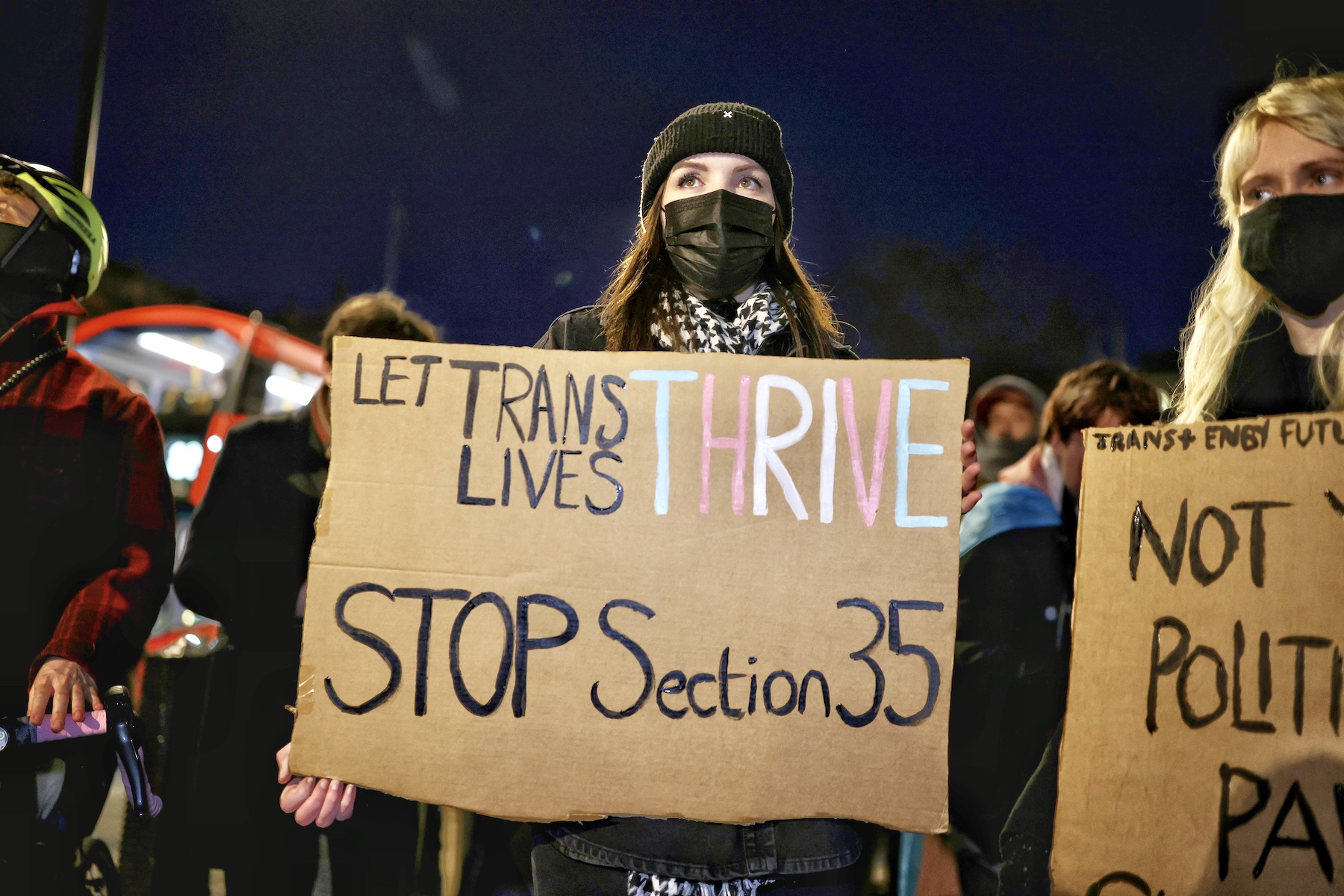
Scotland’s first minister Nicola Sturgeon called the British decision “a full-frontal attack” on the Scottish Parliament.
Scotland can revise the bill, but Sturgeon says it intends to challenge the British ruling in court.
Trans rights groups say the bill does not oppose the Equality Act and is in line with UN recommendations that have already been adopted in 30 countries.
“This is not governing with compassion. These are not the actions of a government that can stand on the international stage as a credible defender of LGBTQ rights.” LGBTQ organization Stonewall said.




